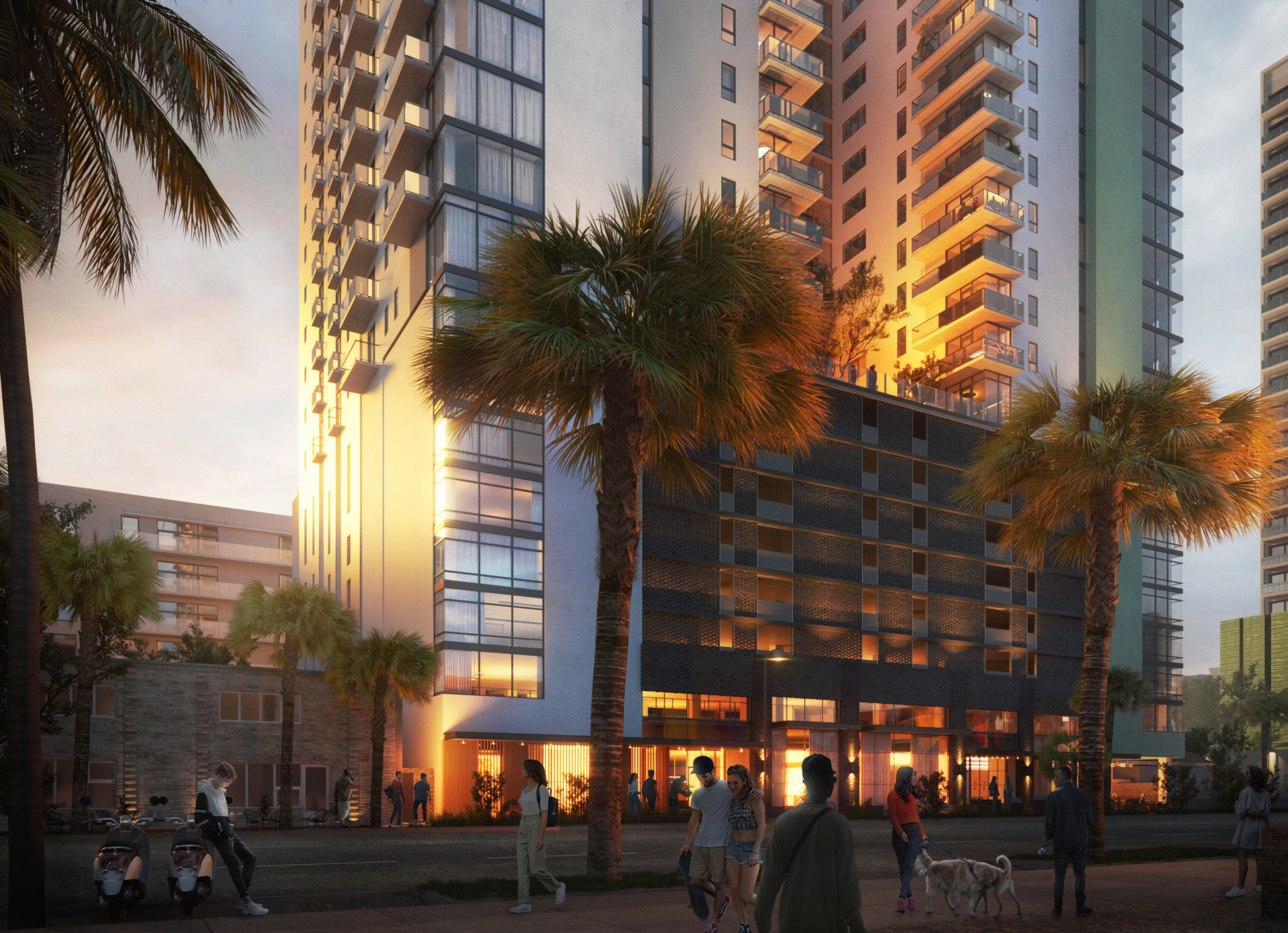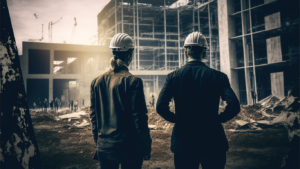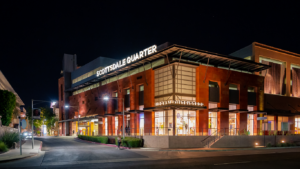Apartment construction remains strong this year: More than 330,000 new rental units are expected to be delivered nationwide, which is comparable to the previous four years of construction boom. And, despite challenges brought forth by the pandemic, eight metros are expected to hit five-year highs of new apartments, including Phoenix. Metro Phoenix apartment construction takes 3rd place nationally in projected number of units to be built by the end of the year, 76% more than in 2020.
READ ALSO: Phoenix No. 1 in rent growth, No. 2 in home value increase
More precisely, 334,000 units are projected to be opened in the U.S. by the end of this year, according to Yardi Matrix estimates. These figures reflect the striking difference between the aftermath of the pandemic crisis and that of the housing crisis of 2008: In 2021, there were nearly three times more apartments under construction than there were in 2011.
Here are the highlights on Phoenix apartment construction:
• Phoenix metro area is set to build 15,846 new apartments this year, reaching a 5-year high, and claiming the 3rd position nationally when looking at projected apartment count.
• The jump is 76% compared to last year’s 9,022 units, and a far cry from the lows of 2017 when only 6,758 apartments were built.
• Development booms across the area, as Phoenix itself spearheads construction with 3,860 expected units. Mesa projections show 1,957 new apartments, Gilbert – 1,881, and Glendale – 1,667.
• This year, the national podium is completed by Dallas-Fort Worth – 21,173 units, and New York – 19,375.
Compared to 2020, there’s only a slight 2.5% decrease in new units, with apartment construction maintaining a steady pace under the circumstances, which include: the pandemic, developers’ struggles to find qualified workers, funding, permits or the sky-high cost of lumber.
“The pandemic shifts and resurgence of the residential rental market bring new residential supply into focus,” said Doug Ressler, manager of business intelligence at Yardi Matrix. “Lack of entry-level housing supply and rising home prices will show the multifamily rental market demand increasing as new renters enter the market and Millennials extend their rental commitments.”
Specifically, the Dallas-Fort Worth (DFW) metro is set to deliver the most units for the fourth year in a row. At the same time, metros like Phoenix; Charlotte, N.C.; or Orlando, Fla. — which haven’t been construction-crazed in the past — are now making waves with impressive numbers of projected new apartments.
DFW Metro on Building Spree, Phoenix Metro Comes in Strong
The DFW metro is still going strong and is expected to maintain its status as the top metro in apartment construction, with 21,173 new units projected to hit the market before the end of 2021. Notably, the Dallas area continues to grow with the recent relocation of several large firms, such as financial services giant Charles Schwab, as well as the country’s largest commercial real estate services company, CBRE Group.
Click on the metro bubbles below to see the number of projected new apartments in each area.
In the runner-up spot, the New York metro maintains its position on the list and is expected to add 19,375 new units. However, the Phoenix metro is the one to watch this year: Coming in third with nearly 16,000 new apartments expected to be delivered this year, the metro had a quick and impressive climb to the top — in 2020, Phoenix was in 8th place nationally after taking 15th in 2019.
Meanwhile, two large metros with about 4.5 million residents each that have been dealing with a housing shortage for years, Boston and San Francisco — which are lower on the list with only 8,455 and 7,872 new apartments, respectively — are set to open this year. Not far behind, metros in the Kansas City, Mo., and Raleigh, N.C., areas — although both smaller in size — are the newcomers to the list. They managed to snatch up the 19th and 20th spots on the list with an expected new supply of nearly 5,000 apartments each.

Construction Rates in Denver Metro Down by Nearly Half
Conversely, only six of the top 20 metros are experiencing a decrease compared to last year. Among the most surprising appearances on this list are Denver (down 46%) and Seattle (down 19%), which were previously two of the top metros for new apartments throughout the 2010s.
On the other end of the spectrum, the Dallas metro continues to build more than any other metro. Even so, it’s still one of the six metros that saw some of the biggest slowdowns, with a 13% year-over-year drop in the number of units expected to be delivered here this year. The other metros failing to match their 2020 levels were Austin, Texas (down 10%), Boston (down 5%) and Minneapolis (down 0.3%).
Alternatively, some metros are making outstanding progress compared to last year, with Charlotte and San Jose, Calif., seeing the highest increases, at 100% and 79%, respectively. In fact, the Charlotte metro — along with the Orlando and Phoenix metros — are the surprises on the list, making outstanding appearances. All three of these areas are expected to increase their apartment supplies by more than 70%, with the Orlando metro set to rise by a notable 78% and the Phoenix metro by 76%.
5-Year High in Phoenix apartment construction
Of all the metros analyzed, eight are set to hit their peaks in apartment construction this year compared to their totals from the last five years.
First up is Phoenix, the most notable metro, which is projected to build a whopping 15,846 new units this year — considerably more than its deliveries in past years. Currently witnessing a housing boom and a population increase of 2.1%, the metro is set to meet the demand for new apartments in the area.
Next is Charlotte. With 10,723 projected new apartments, it’s also one of the few metros that are set to beat their own construction records. What’s more, the metropolitan area not only recovered from its poor 2020 performance, but it’s also on track to seeing higher numbers than in recent years.
Likewise, the Orlando metro made a stellar recovery from its 2018 and 2020 drops in construction, as well: This year, the area is projected to complete 8,211 new units — considerably more than its efforts in the last five years.
“The strong demand fueled by robust inbound migration and employment growth” is the reason we’re seeing such high levels of construction in these markets, according to Ressler. “The Southwest market which meets both these conditions is Phoenix. In addition, Phoenix zoning and availability of land is adding to the attraction.”
Other metros that are set to beat their own records are San Francisco; Tampa, Fla.; San Jose; Kansas City, Mo.; and Raleigh, N.C. With an increase of at least 36% in the number of new units compared to last year, all of them are planning to deliver between 5,000 and 8,000 new apartments.




